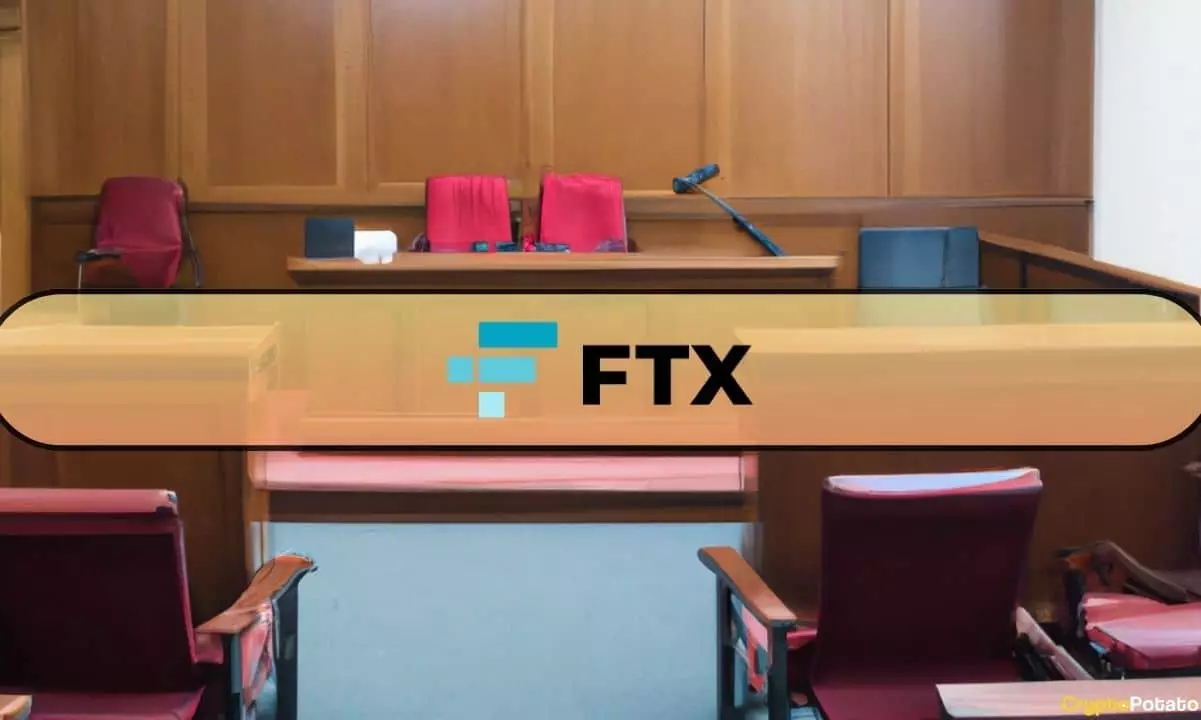FTX’s proposal to classify 49 countries as “Potentially Restricted Jurisdictions” showcases a disturbing prioritization of legal compliance over fundamental fairness. This decision effectively abandons a core principle of justice: that creditors, regardless of their location, deserve equitable treatment. The plan to automatically treat claims from these regions as “disputed” and potentially confiscate funds reflects an alarming mindset—one that treats certain claimants as secondary citizens, embedded within a broader narrative of geopolitical stratification. By seeking legal opinions on a jurisdiction-by-jurisdiction basis before disbursing funds, the exchange appears to be engaging in a bureaucratic charade that prioritizes legal loopholes over ethical responsibility. This approach risks creating a dangerous precedent: that in the wake of bankruptcy, the rights of creditors from sanctioned or restricted regions can be arbitrarily dismissed, rendering them victims of relentless financial discrimination.
Disproportionate Impact on Vulnerable Populations
The situation becomes even more troubling considering the disproportionate harm inflicted on users from China, who reportedly comprise 82% of the claim value in these affected regions. The Chinese users, many of whom likely relied on FTX for legitimate financial transactions, may now find their claims either discarded or reduced to disputes based on jurisdictional technicalities. This is not just a matter of legal nuance; it exposes a systemic bias that favors Western legal standards at the expense of others’ economic rights. When claims can be forfeited simply because residents reside in a “restricted jurisdiction,” it underscores a dangerous form of financial exclusion. These users are not mere pawns in a regulatory chess game—they are individuals with rights and legitimate expectations. To dismiss their claims wholesale is to implicitly sanction their financial marginalization, promoting a two-tiered system of creditor rights aligned with geopolitical interests.
The Ethical Vacuum in Corporate Governance
While FTX justifies the proposal as a necessary step for legal compliance, the ethical implications are glaring. The company’s readiness to prioritize legal technicalities over creditor fairness suggests an absence of moral accountability. This stance sends a chilling message: that in the complex world of international finance, legality can be divorced from morality. It implies that a corporation, even one as indigent as FTX, perceives its fiduciary duty solely through the lens of regulatory avoidance rather than genuine concern for affected users. This can erode trust not only in FTX but in the broader crypto ecosystem—an industry already plagued with skepticism—further reinforcing the perception that financial actors are willing to sacrifice ethics for legal expediency.
Potential Solutions and the Dangerous Precedents They Set
Some creditor advocates have suggested superficial workarounds like selling or transferring claims to jurisdictions where payouts are permitted, but this is a band-aid, not a solution. It sidesteps the systemic problem: the industry’s inclination to bend or break rules at the expense of ordinary users. Moreover, these tactics risk creating a secondary black market for claims—an ironic movement for an industry supposedly built on transparency. The real issue lies with corporate governance: FTX’s approach indicates a failure to uphold a moral responsibility toward its global user base. If this precedent takes root, it could embolden other firms to treat legal restrictions as a license to dismiss or confiscate assets from vulnerable populations, threatening the integrity of international financial relations.
The Broader Worldview: A Call for Center-Right Reasonableness
From a center-right perspective that emphasizes rule of law, individual rights, and pragmatic governance, FTX’s strategy illustrates a failure to balance legal obligations with moral decency. While respecting jurisdictional sovereignty is important, it must never come at the expense of basic fairness. Companies and courts should advocate for a more equitable approach that recognizes the legitimacy of offshore claimants’ rights, especially in a globalized economy. Blatant confiscation based solely on jurisdiction smacks of opportunism and shortsightedness; it damages the reputation of the broader financial ecosystem and undermines investor confidence. Responsibly navigating legal restrictions requires nuanced solutions, not reckless abandonment of creditor protections. FTX’s current position is a dangerous overreach—one that risks alienating loyal users and eroding the principles that underpin just financial dealings. Protecting creditor rights and upholding moral standards should go hand in hand, not be sacrificed for the illusion of legal propriety.

